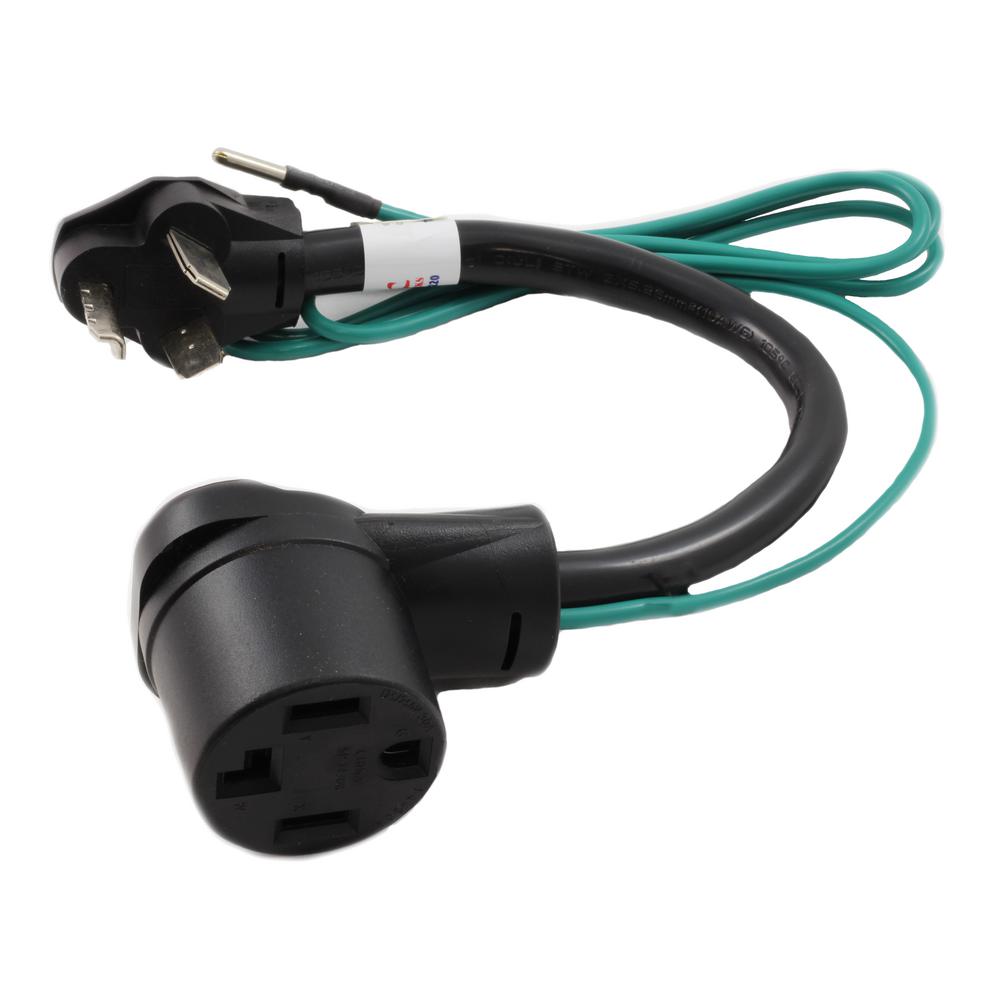

If the breaker doesn’t trip when you plug your dryer into a regular outlet (a problem that needs to be addressed!), then the outlet will overheat, and you’re at risk for a fire. Overloads occur when an appliance, such as a dryer, draws a greater amount of energy than can be supplied by that particular circuit. As mentioned in the previous section, overloads are a very common source of electrical fires in the U.S. Plugging a dryer into a regular outlet can also raise other safety concerns. This is also a very easy way to damage your dryer and potentially your electrical system. If you were to try and plug your dryer into a normal outlet of 120-volts, it would not work. Regular outlets cannot support the electricity needs of an electric dryer. So, regular outlets can generally be used for gas dryers (double-check the power rating of your model), but they cannot be used for electric dryers. While standard appliances and gas dryers only require 120-volt circuits (one 120-volt wire), bigger appliances like water heaters, electric ranges, and your electric dryer require both 120-volt wires and the neutral wire thus creating a 240-volt circuit. The service head divides into 120-volt wires and a neutral one that brings power to your entire house. Can a Regular Outlet Be Used for a Dryer?Įlectricity is supplied through a service head by outdoor power lines or an underground system of wires. Some gas dryers may have a higher rating, so don’t just assume. However, I would recommend checking that your appliance has this voltage rating or lower. Thus, for gas dryers, you should be able to use a 120-volt outlet. The additional power required to provide the actual heating function of the dryer is supplied by burning gas. Gas dryers, which only require electricity for some operational functions, only pull about 120 volts.

#Dryer plug in how to#
Do yourself a favor and connect your dryer to a suitable electrical outlet and learn more about how to prevent circuit overloads.

Electrical fires can be started in a variety of ways but overloaded electrical circuits are one of the most common reasons.Įlectricity has become such a familiar resource in modern society that it’s easy to forget how dangerous it can be. The National Fire Protection Association estimates that 47,700 residential fires are caused due to electrical failure and malfunction.


 0 kommentar(er)
0 kommentar(er)
